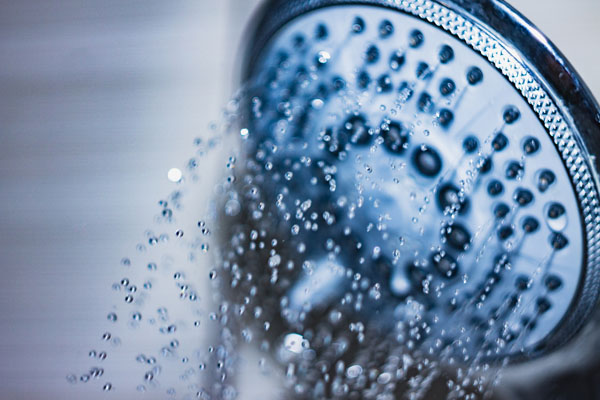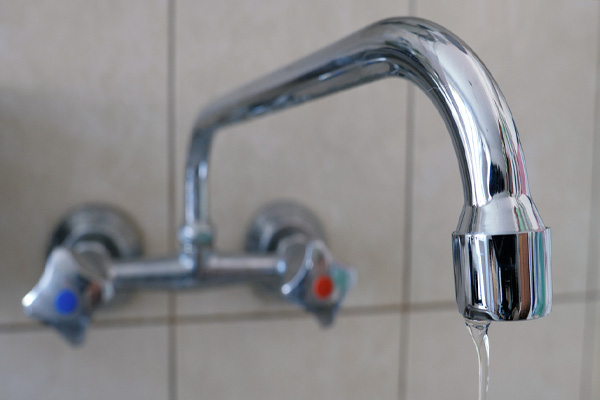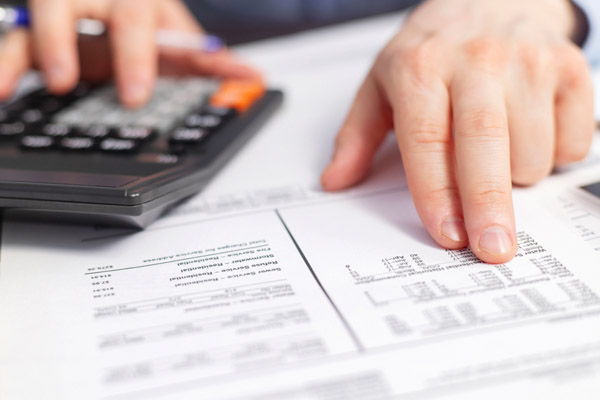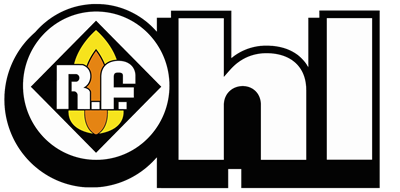Warning Signs: Is Your Home Suffering from Water Pressure Issues?

Water pressure is a crucial aspect of everyday life in our homes, though it’s often overlooked. Its significance is felt in numerous routine tasks, from the invigorating experience of a morning shower to the essential watering of our garden plants. The right water pressure is key to these activities. Conversely, incorrect water pressure, be it too low or too high, can lead to various problems. These water pressure issues not only hinder everyday tasks and appliance efficiency but can also shorten the lifespan of your home’s plumbing system.
In this article, we will explore the indicators of water pressure problems and guide homeowners on how to tackle them effectively.
Comprehending Water Pressure
Water pressure describes the strength of the water’s flow from taps and various outlets in your home. It’s the primary factor that determines how your water moves. In more technical language, water pressure in residential settings is measured in pounds per square inch (PSI).
A water pressure range of 50 to 70 PSI is ideal for most homes. Pressures falling below this spectrum can lead to a lackluster and ineffective flow, while significantly higher pressures may threaten the integrity of your home’s plumbing system.
Recognizing Signs of Low Water Pressure

On a serene Sunday morning, you look forward to a warm shower but instead face a weak trickle, a common issue of low water pressure. Water pressure issues affect not just showers but also other household water uses.
You may notice longer filling times for washing machines and bathtubs, uneven sprinkler distribution, and slow toilet tank refills. These signs, though small, all point to the same underlying problem: low water pressure.
Indications of Excessively High Water Pressure
Conversely, having high water pressure in your home can be just as problematic. Envision opening a tap only to be met with a startlingly strong and splashing stream of water. More concerning is a loud banging or knocking sound within your walls, particularly noticeable after closing a water source. This is often referred to as a ‘water hammer.’
High water pressure might also reveal itself through more subtle signs. You could find recurrent leaks around your faucets or connections or observe that appliances, such as washing machines or dishwashers, are failing prematurely. Other indicators include continuously running toilets and dripping pressure relief valves on water heaters, all of which suggest that your home’s water pressure is set higher than necessary.
Likely Causes of Water Pressure Problems
What triggers these water pressure irregularities? In cases of low pressure, one typical cause is blockages. As time passes, pipes may accumulate mineral deposits or debris, obstructing the flow of water. Another possible issue is a faulty pressure regulator, whose role is to keep the PSI consistent.
At times, the root of the problem may not originate from within your home. Issues with the municipal water supply, like complications at a nearby water treatment facility, can impact entire communities. Additionally, for residents in elevated areas or high-rise buildings, the combined effects of elevation and gravity can lead to reduced pressure. Conversely, high water pressure can sometimes be attributed to corroded plumbing. As pipes age and corrode, their internal diameter may decrease, forcing water to flow more forcefully.
Tackling and Resolving Water Pressure Problems
Regular plumbing system checks are crucial for early problem detection and prevention. For homes with high water pressure, pressure-reducing valves can effectively control and maintain safe pressure levels.
Faucet aerators, the mesh screens on tap ends, may collect sediment over time. Cleaning or replacing them improves water flow and pressure balance. However, complex or deep-rooted plumbing issues, including water pressure issues, require a professional plumber’s expertise. It’s important not to delay in seeking professional help when necessary.
Consequences of Neglecting Water Pressure Issues

The repercussions of disregarding water pressure problems are far-reaching, transcending simple daily inconveniences. Neglect in addressing these issues can culminate in severe outcomes, affecting not just financial aspects but also safety concerns.
Common Issues:
- Rising Utility Costs: Fluctuating water pressure, particularly when high, can cause excessive water usage. Taps may dispense more water than necessary, and even small leaks can accumulate, leading to wastage. This squanders a vital resource and can lead to a significant hike in your monthly water expenses.
- Diminished Efficiency and Durability of Appliances: Household appliances like dishwashers, washing machines, and water heaters are engineered to function best at certain pressure levels. Operating under inconsistent pressures can overburden these appliances, resulting in decreased efficiency and potentially shortening their lifespan. This could mean facing additional expenses for repairs or replacements.
- Harm to Plumbing Systems: Excessive water pressure can be especially detrimental to your home’s plumbing. The heightened force can erode seals and joints, causing leaks throughout the property. Prolonged stress on pipes may eventually lead to bursts, which can cause substantial water damage, the possibility of mold development, and expensive repair needs.
- Health Risks: Low water pressure can sometimes signal blockages or contamination in the water supply. Accumulations of sediments, minerals, or even bacteria can impede water flow. Using or consuming water under these conditions may present health hazards.
- Jeopardized Fire Safety: Maintaining consistent and sufficient water pressure is crucial for safety measures in emergency scenarios like fires. Low water pressure can impede firefighting efforts, making managing or extinguishing fires more difficult.
- Lowered Property Value: Persistent plumbing problems and water damage can adversely affect a property’s value. Prospective buyers may be discouraged from investing in homes with ongoing water pressure issues, as these represent possible future costs and complications.
Considering these impacts, it’s clear that resolving water pressure issues is not merely a matter of convenience. It’s about protecting the home, the well-being of its residents, and securing long-term financial savings.
Conclusion
Sustaining balanced water pressure is essential for the seamless operation of a household. It plays a vital role in providing comfort and efficiency in daily tasks and is critical for preserving the integrity of your plumbing system. Homeowners who remain alert, regularly inspect their systems, and seek expert help when necessary can maintain optimal water flow, ensuring functionality and peace of mind.
Call R.F. Ohl for Top-Notch Plumbing Services
Reach out to R.F. Ohl, a highly regarded plumbing company in Northeastern Pennsylvania, for dependable plumbing solutions. Our range of services includes everything from clearing drain clogs and replacing water heaters to fixing toilets, addressing water leaks, and more. We prioritize offering various solutions for any plumbing repair, empowering you to select the best fit for your home and budget.
Facing an unexpected plumbing issue? No stress! Our expert plumbers at R.F. Ohl are here to assist you. We provide prompt same-day emergency plumbing services, ensuring a quick and effective resolution at a competitive price.
We take pride in offering the region’s most cost-effective and superior plumbing services. Our team of licensed plumbers is skilled and dedicated to your satisfaction. All our work is guaranteed. Contact R.F. Ohl today to schedule your complimentary estimate.
Click here to contact us today or give us a call at (610) 377-1098 if you have any questions. Click the link to view our service area.

Related Articles: